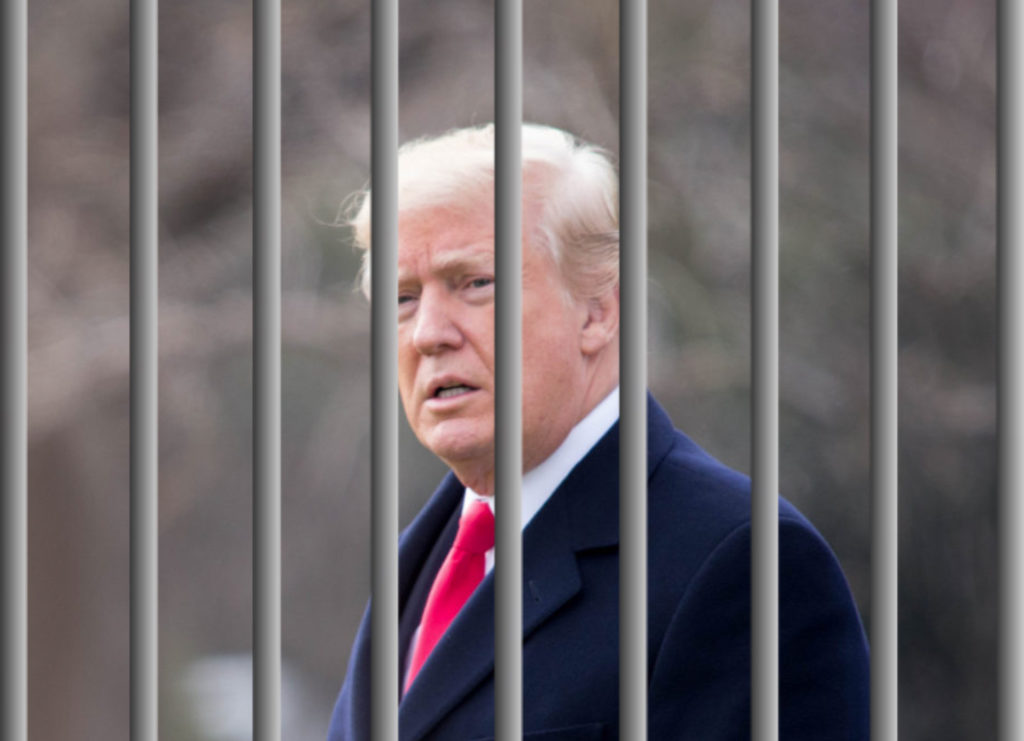Donald Trump’s secret pardons

Today on Weekends with Alex Witt, Michael Cohen raised more than a few eyebrows when he remarked that Trump might have issued secret pardons to himself and his kids during his final hours in office. Witt seemed surprised over this, noting that this was the first she’d heard of that scenario. In actuality, we’ve been discussing this very thing since before he left office because we knew we were dealing with a criminal still in control.
Whether a secret pardon of his children or friends would be valid is not yet known since its never been tested. There are arguments on both sides: The first is that there is no constitutional requirement or federal regulation requiring that pardons be made public so that for example, one could produce a pardon 6-months from now if indicted; the second is that because the pardon is an inherently public act of mercy, its publication is the most important and essential characteristic to its validity. If not public, secret pardons are not only untenable, they may even be unconstitutional. If public however it doesn’t matter how they’re granted, with some suggesting that a simple tweet would suffice.
Proponents of this second argument also rightfully point out that secret pardons would cause chaos in the courts. Judicial resources and taxpayer dollars would be needlessly wasted and would wreak havoc if after long-running complicated investigations a defendant could stroll into court weeks, months, or years later and declare they’re untouchable. But perhaps one of the most important points made in an Washington Post Op-ed by Jeffrey Crouch, assistant professor of American politics at American University and author of “The Presidential Pardon Power”, is that the secret pardon would provide a president with influence over judicial proceedings long after he is out of office.
As far as a Trump self-pardon, I can’t see any court recognizing its validity. The President of the United States has a duty under our Constitution to “Take care that the laws be faithfully executed.” It would be counterintuitive to suggest that the Framers intended this to mean, “faithfully executed against everyone ‘but me’.”
